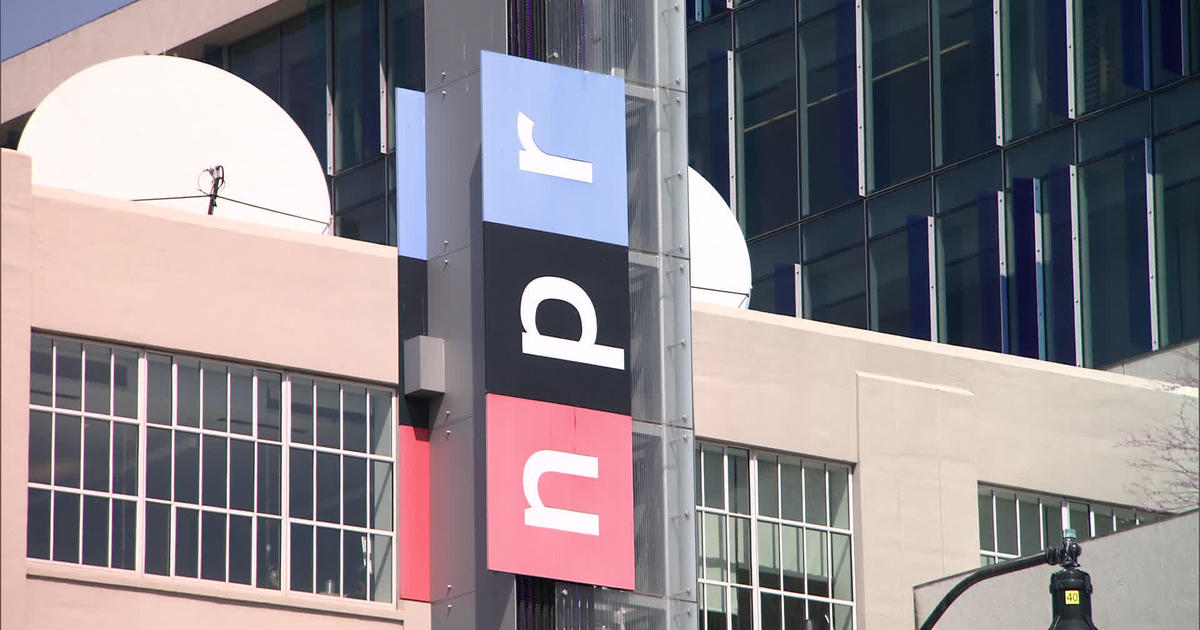Government accused of giving migrant kids psychotropic drugs despite court order barring it
Immigrant children held at a Texas detention facility are being given Zoloft and other psychotropic medications, despite a judge's order to stop doing so, attorneys said in a Friday court filing.
Earlier this year, civil rights attorneys presented written statements from children held at the Shiloh Residential Treatment Center claiming to have been given injections and forced to take pills, including what lawyers said were "antipsychotics with very limited FDA-approved uses in children and adolescents."
In response to the filings, U.S. Central District of California Judge Dolly Gee wrote in a July 30 order that the federal Office of Refugee Resettlement (ORR), which oversees Shiloh and other migrant shelters, needed either parental consent or court authorization before children in its care could be medicated. Gee has since appointed a private attorney to monitor the government's compliance with the order, a decision the government has argued against.
But in Friday's filing, attorneys for the children wrote that the government "is almost certainly not complying" with the order.
"Children detained at the Shiloh Residential Treatment Center and elsewhere report that ORR continues to administer them psychotropic drugs without informed parental consent or court order," attorneys for the Center for Human Rights and Constitutional Law wrote. They included examples from four detained children and one child's aunt.
One 17-year-old, whose name is redacted, said many of the drugs administered daily are done so without explanation.
"At Shiloh they give me three medications in the morning: Zoloft and two others they haven't explained, and four medications in the night: melatonin and three others they haven't explained to me. I see the doctor every two weeks. He tells me the drugs I need to take, but doesn't explain why," the teen, who has been at Shiloh for five months, wrote on Oct. 18. "The drugs make me feel really tired and sluggish. I have trouble concentrating in class. Sometimes I have stomach pain and a lot of headaches. Sometimes I feel numb on one side of my body. I tell the doctor about these problems, and he says it is all normal."
A CBS News email to Shiloh's program director was not immediately returned.
Another 17-year-old from Guatemala described 14 months of waiting to be transferred into the custody of their mother, who lives in Indiana. The teen's last seven months in federal custody have been at Shiloh, where the teen is given "three medications in the morning, one at noon, and three at night."
"I have been told that the medications are supposed to help me, but I don't remember why. My stomach hurts almost every day. ... As far as I know, my mom has not given permission for me to take the medication," the teen said.
The statements are part of the latest filing in the decades-old dispute over standards for the care of immigrant minors in government custody. Attorneys at the Center for Human Rights and Constitutional Law say the federal government is currently violating those standards.
In July, lawyers in the same case filed statements from migrants who described frigid, hungry days in "ice boxes" and "dog pounds" — nicknames for the facilities where they were initially taken after being apprehended by federal authorities.
In response to an email from CBS News, a spokesperson for the U.S. Department of Health and Human Services, which oversees ORR, said the agency plans to submit a reply by Friday.



